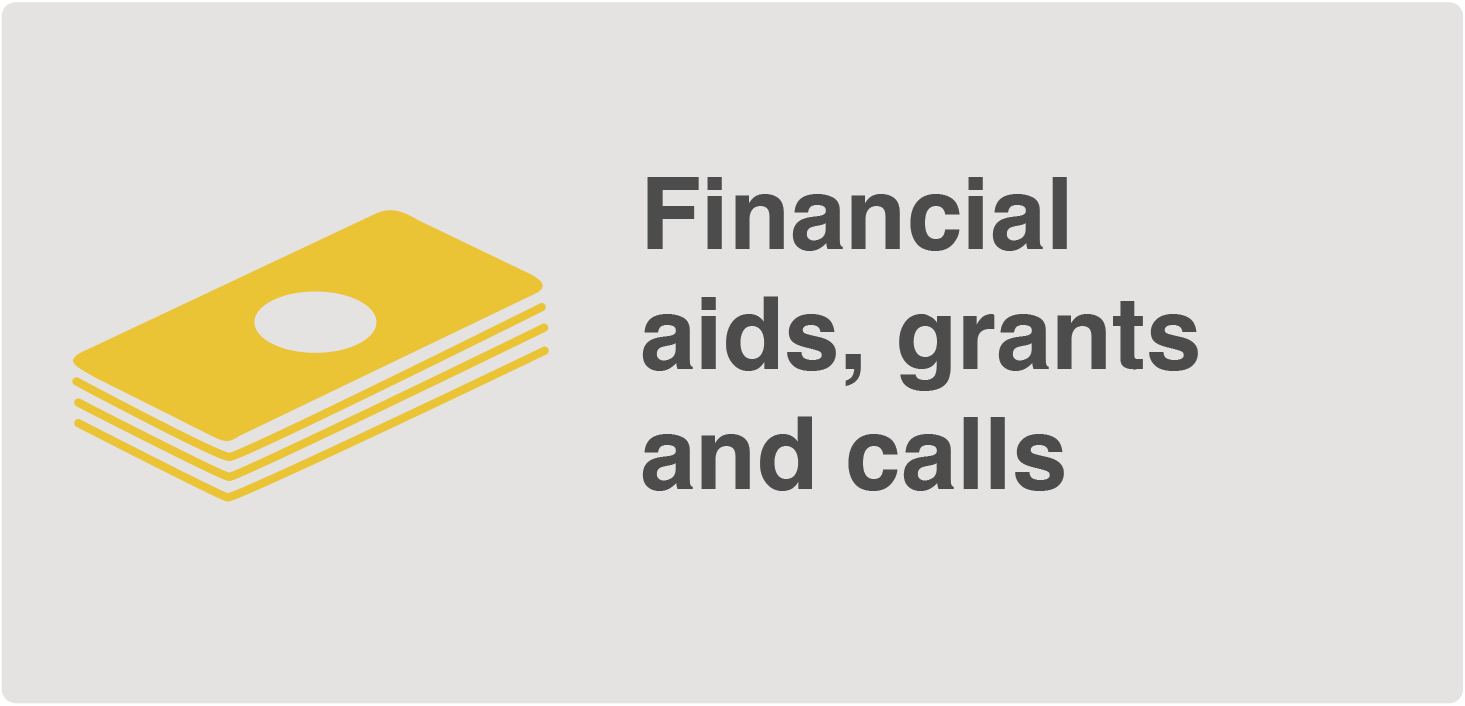Translation and legalisation
How to translate documentation
When you have to provide official foreign documentation or qualification to the university, you must take into account the language in which the documentation was issued, as well as the administrative procedure you initiate.
The documentation must be issued in Catalan, Spanish or English.
Documents written in French, Italian or Portuguese can be translated at the UAB Language Service, at the expense of the interested party.
For documents issued in other languages, sworn translations into Catalan, Spanish or English must be attached. Consult the updated list of sworn translators appointed by the Spanish Ministry of Foreign Affairs and Cooperation (website in Spanish).
Legalisation is the validation procedure through which the authenticity of official foreign documents (academic certificates, degrees, etc.) is accredited. If in an administrative procedure with the UAB you have to provide official foreign documentation, this documentation must be legalised, or not, depending on the country of issuance of the studies.
Legalisation is required if:
- Your country has signed the Hague Convention (website in Spanish) (*). In order to legalise documentation from these countries, it is only necessary for the competent authorities of that country to issue the appropriate apostille (document in Spanish).
- You belong to the rest of the countries not included in the other sections. This documentation will be legalised through diplomatic channels, for which it is necessary to include the stamps of:
- The Ministry of Education of the country of origin of the degree
- The Ministry of Foreign Affairs of the country of origin of the degree
- The Spanish diplomatic representation in the country of expedition
Documents issued by diplomatic or consular authorities of other countries in Spain must be legalised at the Spanish Ministry of Foreign Affairs.
Legalisation is not required if:
- It is an official document issued by a country of the European Union, member states or special agreements:
Austria, Belgium, Cyprus, Czech Republic, Denmark, Estonia, Finland, France, Greece, Germany, Holland, Hungary, Ireland, Iceland, Italy, Latvia, Liechtenstein, Lithuania, Luxembourg, Malta, Norway, Poland, Portugal, Slovakia, Slovenia, Spain, Sweden, the United Kingdom, and Switzerland by bilateral agreement with the EU.
By bilateral agreement with the European Union, studies completed in the Swiss education system will not require legalisation. In the case of the International Baccalaureate, the apostille is from Switzerland and academic documents must be legalised.
*China has also joined the Hague Convention.
